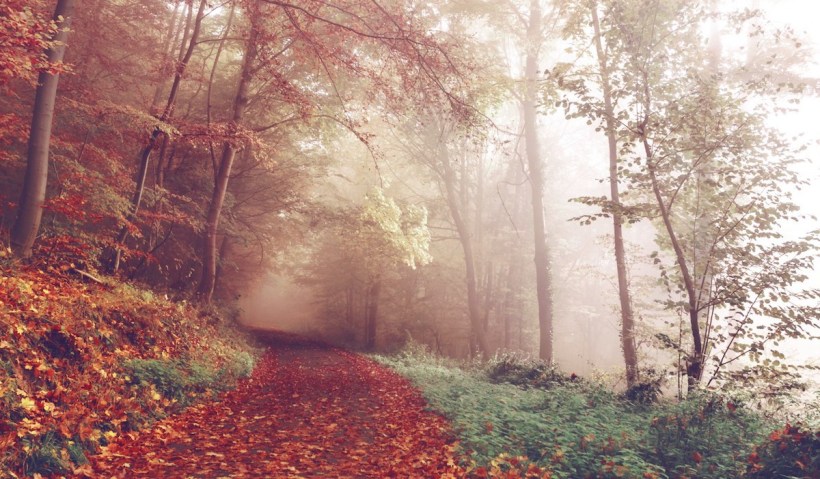Recently, I finished a book by Brian McLaren, The Galapagos Islands: A Spiritual Journey (published by Fortress Press, 2019). He recounts his experiences in those awesome islands and how they helped him to understand God in new and exciting ways.
Here is a quote in the book from Pope Francis: “The universe unfolds in God, who fills it completely. Hence, there is a mystical meaning to be found in a leaf, in a mountain trail, in a dewdrop, in a poor person’s face. The ideal is not only to pass from the exterior to the interior to discover the action of God in the soul, but also to discover God in all things” (p. 74).
And a few pages later, a quote from Richard Rohr: “All you have to do today is go outside and gaze a one leaf, long and lovingly, until you know, really know, that this leaf is a participation in the eternal being of God. It’s enough to create ecstasy” (p. 85).
This morning I went for a walk behind our townhouse residential area. We border on the Cahaba River. I love to walk the short trail enjoying the impressive trees, flowing river, neighbor’s flowering gardens, but also the little unexpected wildflowers seemingly cropping up everywhere. Below is a picture of tiny yellow flowers called Lesser Hop Trefoil. In the upper half you may be able to see a light purple bloom called Field Madder. I imagine that most folk simply walk over these little darlings, but I stopped to look and photograph. It was well worth the pause.

You see, God really loves nature! Whether we even notice or not. In fact nature was around eons before we even came on the scene. Life is NOT all about us.
If we will take time to look, we may discover why God loves even these tiny, often overlooked, wildflowers. That is perhaps Pope Francis and Richard Rohr’s point about a single leaf.
Such meditation can be a daily blessing. May you experience the presence of God all around you.
Peace,
LaMon




